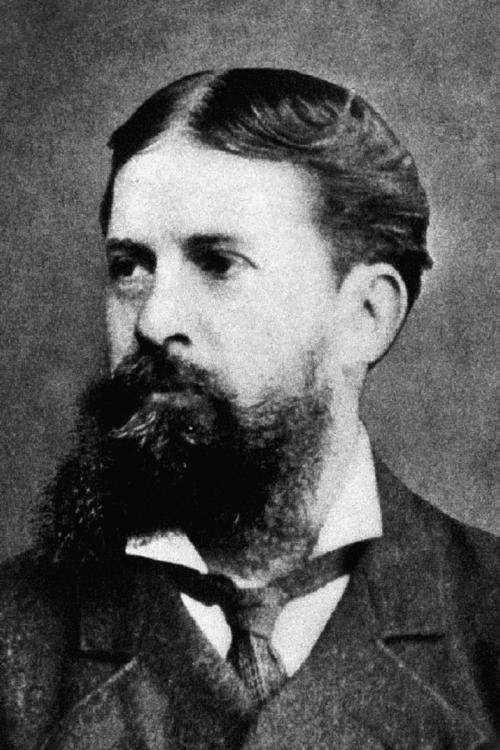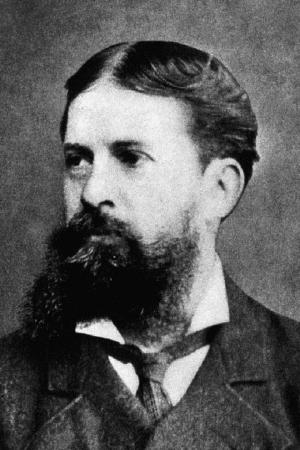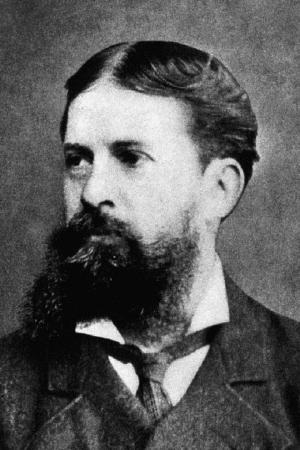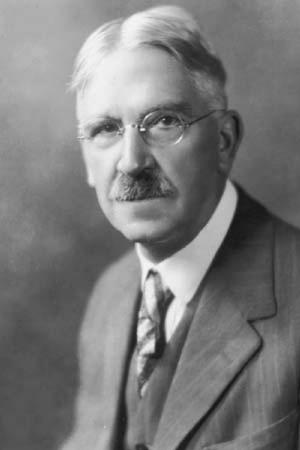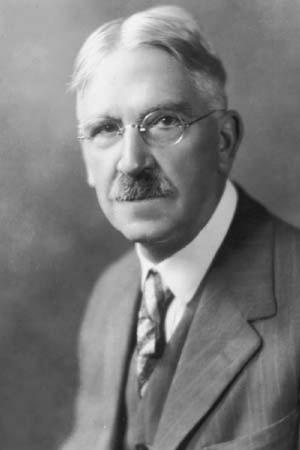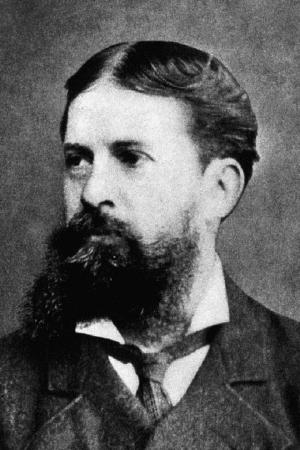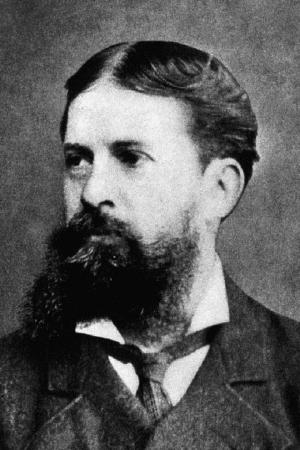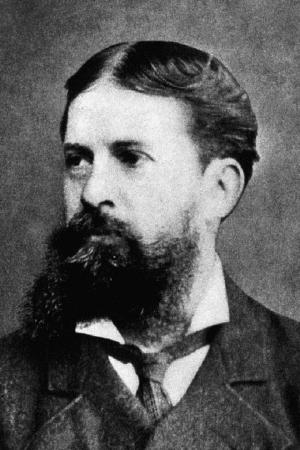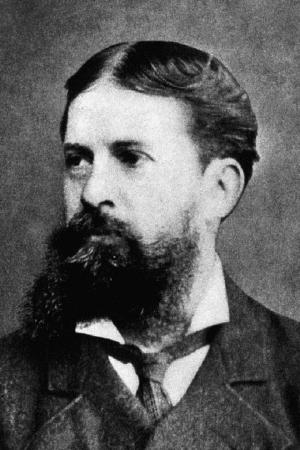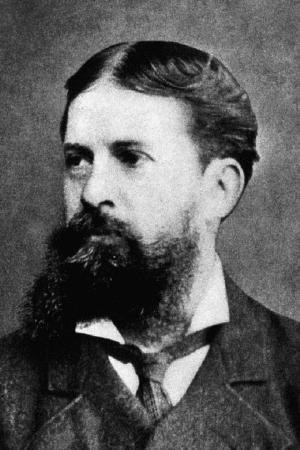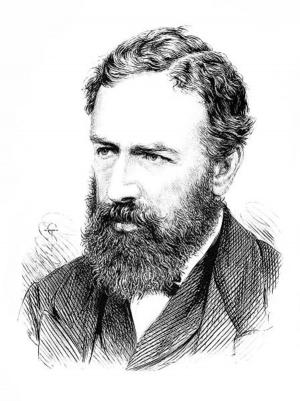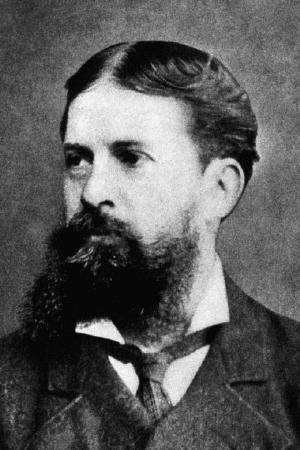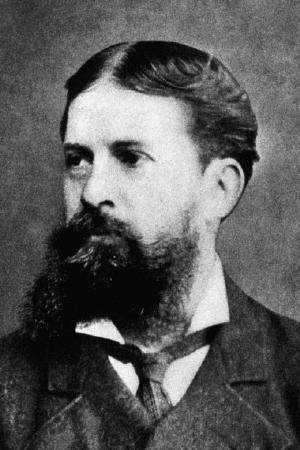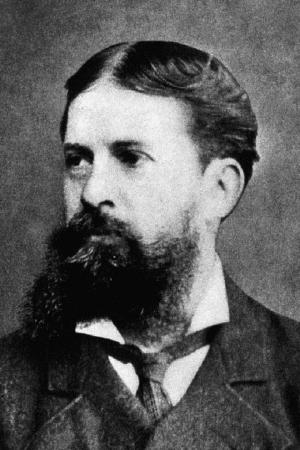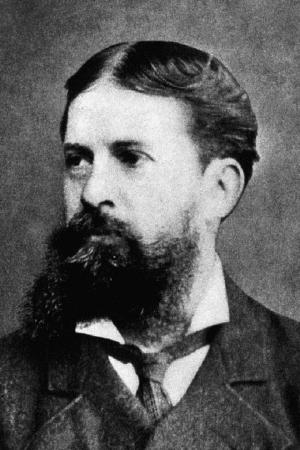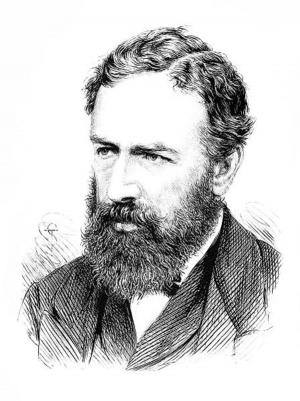| Author: | Charles Peirce, Timeless Books: Editor | ISBN: | 1230001228021 |
| Publisher: | Timeless Books | Publication: | July 14, 2016 |
| Imprint: | Language: | English |
| Author: | Charles Peirce, Timeless Books: Editor |
| ISBN: | 1230001228021 |
| Publisher: | Timeless Books |
| Publication: | July 14, 2016 |
| Imprint: | |
| Language: | English |
The book has an active table of contents for readers to access each chapter directly.
In 1934, Paul Weiss, an American philosopher, the founder of The Review of Metaphysics, and the Metaphysical Society of America, called Charles Peirce "the most original and versatile of American philosophers and America's greatest logician".
In 1943, Webster's Biographical Dictionary added Charles Peirce’s introduction as "now regarded as the most original thinker and greatest logician of his time."
Max Fisch, a well-known writer of identity, individuality, responsibility, morality, and political commitment, commented Charles Peirce as the follow:
“Who is the most original and the most versatile intellect that the Americas have so far produced? The answer Charles S. Peirce is uncontested, because any second would be so far behind as not to be worth nominating. He was mathematician, astronomer, chemist, geodesist, surveyor, cartographer, metrologist, spectroscopist, engineer, inventor; psychologist, philologist, lexicographer, historian of science, mathematical economist, lifelong student of medicine; book reviewer, dramatist, actor, short story writer; phenomenologist, semiotician, logician, rhetorician and metaphysician.”
Without any doubt, Charles Peirce is in the row of the best minds with Henry George, William James, Thorstein Veblen, and Ludwig Wittgenstein.
In 1896, Charles Peirce published his foundational paper to his theory of Logic and science The Scientific Attitude. In this paper, Peirce discussed and expressed an exaggerated concern for morality can impede scientific progress as “Yet in more ways than one an exaggerated regard for morality is unfavourable to scientific progress. I shall present only one of those ways.” Peirce’s key points about his scientific attitude are as the follows:
1. A system of morals is the traditional wisdom of the experiences that each one is raised to behave according to this tradition.
2. If one person behaves in a way that is counter to the traditional wisdom, his conscience troubles him and leads him to conservatism.
3. This conservatism is a habit that tends to spread to other areas of a person’s life and lead to conservatism about any opinions of a speculative kind.
4. Thinking based on traditional wisdom is detrimental to scientific advancement and thus morality can be unfavorable for science.
In the book, Peirce also advocated that we might obtain fallible beliefs if we were careful and responsible in our scientific practice. His views was that if there was no certainty, then there was no truth. Verification was crucial to scientific process and morality could evolve and change from one era to another, and so does science. However, if both of them could evolve, scientific practice might evolve on a much faster rate than morality. In this sense, morality could slow down scientific process slightly.
This is a must-read book to understand the foundational thought of Philosophy, Logic, and Science by Charles Peirce, one of the greatest philosophers and logicians in the world.
The book has an active table of contents for readers to access each chapter directly.
In 1934, Paul Weiss, an American philosopher, the founder of The Review of Metaphysics, and the Metaphysical Society of America, called Charles Peirce "the most original and versatile of American philosophers and America's greatest logician".
In 1943, Webster's Biographical Dictionary added Charles Peirce’s introduction as "now regarded as the most original thinker and greatest logician of his time."
Max Fisch, a well-known writer of identity, individuality, responsibility, morality, and political commitment, commented Charles Peirce as the follow:
“Who is the most original and the most versatile intellect that the Americas have so far produced? The answer Charles S. Peirce is uncontested, because any second would be so far behind as not to be worth nominating. He was mathematician, astronomer, chemist, geodesist, surveyor, cartographer, metrologist, spectroscopist, engineer, inventor; psychologist, philologist, lexicographer, historian of science, mathematical economist, lifelong student of medicine; book reviewer, dramatist, actor, short story writer; phenomenologist, semiotician, logician, rhetorician and metaphysician.”
Without any doubt, Charles Peirce is in the row of the best minds with Henry George, William James, Thorstein Veblen, and Ludwig Wittgenstein.
In 1896, Charles Peirce published his foundational paper to his theory of Logic and science The Scientific Attitude. In this paper, Peirce discussed and expressed an exaggerated concern for morality can impede scientific progress as “Yet in more ways than one an exaggerated regard for morality is unfavourable to scientific progress. I shall present only one of those ways.” Peirce’s key points about his scientific attitude are as the follows:
1. A system of morals is the traditional wisdom of the experiences that each one is raised to behave according to this tradition.
2. If one person behaves in a way that is counter to the traditional wisdom, his conscience troubles him and leads him to conservatism.
3. This conservatism is a habit that tends to spread to other areas of a person’s life and lead to conservatism about any opinions of a speculative kind.
4. Thinking based on traditional wisdom is detrimental to scientific advancement and thus morality can be unfavorable for science.
In the book, Peirce also advocated that we might obtain fallible beliefs if we were careful and responsible in our scientific practice. His views was that if there was no certainty, then there was no truth. Verification was crucial to scientific process and morality could evolve and change from one era to another, and so does science. However, if both of them could evolve, scientific practice might evolve on a much faster rate than morality. In this sense, morality could slow down scientific process slightly.
This is a must-read book to understand the foundational thought of Philosophy, Logic, and Science by Charles Peirce, one of the greatest philosophers and logicians in the world.
